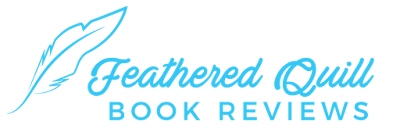This should be a no-brainer, but as I edit I find so many smart, well-educated people using words incorrectly, I begin to wonder what’s going on.
Then I turn on the TV. I listen to the Eyewitless News anchors who can’t pronounce the words they’re given to read (“tempachure,” says the weather guy, “sheriff’s depity,” says the anchor). I listen to the people being interviewed saying that an actor is “awesome.” I listen to the commercials. We’ve all seen this one: “I gave [the insurance company] a call,” the actor says, “and I literally fell out of my chair.” Literally? The quote was so low she fainted? It was so high she started laughing so hard she fell off her chair? Here’s another example, which I came to in a textbook I once edited. The author, a professor of psychology, wrote that in class one night he was “literally shooting questions at his students.” I couldn’t help but inquire if the classroom was filled with blood and body parts.
The word “literal” comes from Middle English literal, “of letters,” via Old French from the Latin, littera, “letter.” “Literally” (the adverb form) means verbatim, in a word-for-word manner, as when a scholar does a word-for-word translation of a passage from, say, Russian to English. It also means in a strict sense, concerned with facts, devoid of embellishment, exaggeration, or metaphor. A literal account of an event is unexaggerated, undecorated. When we say, “Don’t take what he says literally,” we mean don’t believe every word he utters, don’t take him seriously. “Literal” is of course related to “literature,” “literary,” and “literate.”
And literate is how we do not sound if we use “literally” metaphorically or for emphasis or as an intensive. One of my other favorite examples is “He was laughing so hard his sides literally burst.” Eeeuww! Did they rush him to the ER? Are you feeling tempted to use “literally”? Resist the temptation.
Perhaps I am, alas, fighting a losing battle. Yes, our language is changing. Yes, it’s useful to keep up with the times. But, yes, it’s also important to respect our language and use the words in it correctly and precisely. Especially when we want the words we write to be understood and taken seriously.
To learn more about the editing services Dr. Barbara Ardinger offers, please visit her web site at www.barbaraardinger.com.
